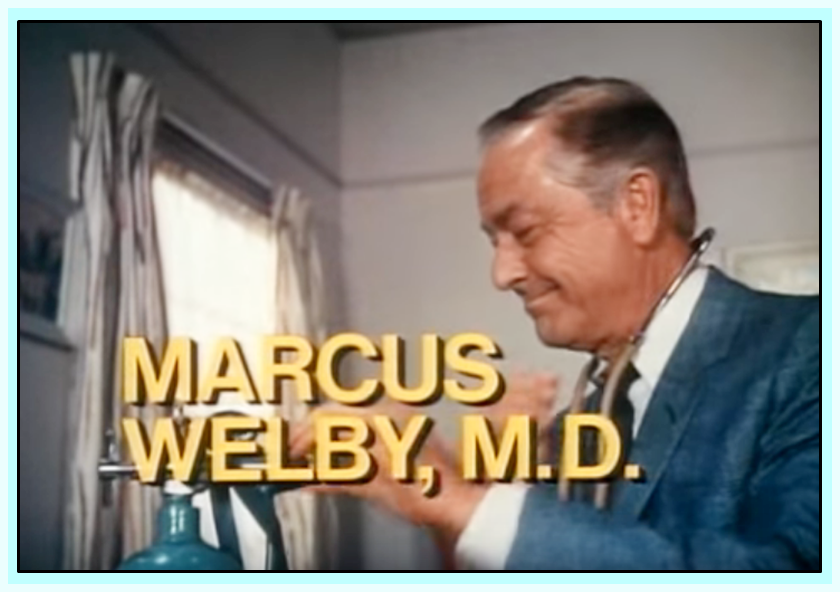Right now, to complain about wearing a face mask is considered selfish and, as the character played by Patrick McGoohan would have said as the "Prisoner", it is an "unmutual" act. It veers from the haranging narrative that one is doing the responsible thing by wearing it. This, despite the fact, that at the beginning of the appearance of the virus, the preponderance of thought was that a mask was only for those with illness, and not useful for the healthy, despite the fact that old bandanas were and still are considered adequate face coverings, though probably recently on one's dog, and not preventing germs under likely conditions, and despite the fact that people are touching their masks all the time, thus assuring that more germs are, well, germinating. All right, still, being a good citizen, moral in my concern about others, naturally anxiety ridden, and compliant with the voice of authority, however inconsistent, I have tried every version of a face covering in order to be, as I have always been, following the rules.
Anything over my face and nose I find virtually unbearable. I take a blood thinner that has the side effect of occasionally giving me shortness of breath. And the mask creates a blockage of the fresh air, although I have been promised by the experts that have served us so well, that breathing back in my own exhalation is not in any way dangerous. So when when I would go into a store with appropriate covering, I could only manage a short time, rushing to get my stuff so I could get back into my car and free myself from the constraint. I know I wasn't alone in this. Pretty much any person I have spoken to has had the same complaint, but they are keeping silent. Can't be bucking the loudest, most powerful voices. And as to those people who really do have psychological conditions, like claustrophobia, great and lesser, tough. We are not hearing from them. Those people can just stay home, for the rest of their natural lives.
Finally I found a clear plastic type that I could bear and I have been wearing a version of that for about a month. It allows me to be slightly more comfortable for a longer period. It doesn't seem to affect my breathing, except to be a little warm in the area of my mouth. And my face can be seen, my reading glasses don't fog at the supermarket, and I can see clearly enough through the sea of other masks.
As time has gone on, over a quarter of a year now, as I write, the need to wear a mask has been extended. And not just in closed spaces, in the outdoors. In California, one must wear a mask whenever one goes out. A lot of people don't, and I, though I have always seriously questioned the logic of their use, I have worn whatever version I had gotten off of Amazon, quite successfully made afraid, despite my common sense that this wasn't and isn't the solution. I was after all raised by nuns, concerned about doing right, and being charitable to others, and finally afraid of the punishment that comes with failing to follow even arbitrary rules.
I was relatively happy with my plastic face shield. It covers all of my face, including the eyes. I actually sometimes forgot I was wearing it. "I can manage now," I told myself. People saw it and asked, "Where did you get it?" And several got their own.
Most places have accepted it, because the phrase on the makeshift signs say "face covering". And if a bandana or old scarf is enough, well, how could anyone object?
Well, so much for small moments of equilibrium. Today I went into an Italian Restaurant for take out. As I was looking at the menu, the host said I had to wear a mask. I said "This is a mask." "No," he said, "it has to be cloth." I hadn't read that on any doors before. I objected. He said that it was possible that air borne spittle might somehow come under my chin. Besides he said, it was the law. He showed me a lengthy posting on the window outside. And sure enough, it said, that patrons had to wear a cloth mask. This was additionally distressing, or confusing, or both because many people wear the disposable several layered paper ones. They are not cloth. But they are apparently still acceptable while my thick plastic face shield was not. The rules, they are abounding exponentially.
Now, we are hearing and reading that wearing a mask might become the "new normal". The conditions under which this will happen are not entirely clear, but they are listed as until there are fewer postives (though being positive isn't the proper measure, it is the one currently hawked with deep serious tones), no positives, a vaccine, or "we are not quite sure." The latter reason is because they, the experts, haven't got a clue. That's hard enough to hear.
Besides, this very day, our Governor Newsom closed again all the bars that had opened, and all in dining, and a variety of other things, like beaches. The view of our leader is that it must be these places that are causing an uptick in positives, though what that actually means in terms of safety is still unclear. And though this uptick is about 14 days after all those protests that occurred like, in all the neighborhoods around here, we are required to accept that the uptick had NOTHING to do with it. No, it is the bars that opened like five days ago.
I am going back to a couple of bandanas that I started out wearing. Of all the proper cloth masks those are the only ones that I can tolerate for, if I am lucky, up to an hour. And I will be seeing my doctor for a check up related to the heart stent that was placed in October. I will have to discuss the additional effect on my breathing related to the cloth masks.
It is kind of looking like masks are the future, forever. After all, when this particular pandemic is done, probably on November 3, if the right person wins the Presidency, there will be new viruses requiring the crippling of the society and to terrorize the populace. In fact, I recently read that another is currently percolating in. . . .dare I say it, China.
The commercials, on television, on Facebook, everywhere are now proclaiming one after another the fashion of mask wearing. There are designs abundant out there, cute little things, like animal faces, or political statements, colors and patterns of all kinds. Wearing a mask is the cool thing to do in the quest to conquer illness and death. Just watching these brainwash exercises makes me profoundly depressed.
What should have been short-term protection is now mainstream. A mainstream mandate.
When I see a group of people wearing the cloth masks, as most people still do, and to which I must return, covering a significant part of their humanity, I find myself feeling, well, depressed, yes, but also as if I am in some science fiction movie that usually doesn't end well. It removes any semblance of humanity. It makes us facially anonymous. It makes us substantially anonymous. It is a branding.
It began as voluntary, and as all things that are said to be voluntary by anyone in government, it becomes a requirement with punishment for the failure to comply. Right now that punishment is secured by the media shaming not only those who fail to comply, but those who, though complying, are fighting the extensions into forever.
You are never going to make me content about having to wear a mask in most environments indoors, if not outdoors, by showing me commercials of young people jumping joyfully with their pets in the park or telling me how we are all in it together. We are not. A few are in it together. The "it" is the dehumanization of the rest of us so that we can be led, controlled and contained. Why? Because that is what human beings do to one another. The United States (and England, and Australia) were once bastions against such things, but they have been transformed and absorbed by the pawns of the devil himself.
Since we know that germs will exist after this pandemic, then really, using the logic of our government officials, there can never be a time, when we are free of restriction. And that's just how someone or a group of someones' clinking glasses and laughing at the rest of us, like it.
The Funkiest, Most Fashionable Face Masks, Ranked
https://slate.com/human-interest/2020/05/face-masks-coronavirus-fashion-ranked.html
But you will be fashionable in your imprisonment.
P.S. You know what many people do when they think no one is looking? They put that little cloth mask under their noses, so they can breathe. Others carry them in their hands when they are outside. I even saw a police officer yesterday on a call with her mask below her chin. Today, I was doing my laundry in my building. I was alone but I had my cloth mask with me and when I heard people coming down the stairs, I put it on, assiduously. But two of my neighbors weren't wearing masks. They didn't even have one on them. We couldn't pass within six feet of one another, cause it is a narrow hallway. Oh, well. I am not upset at them. I truly understand. I know some of you are probably shaking your head at their selfishness at wanting to move around their own apartment building without a mask.
I am doing what I am told. I better get used to it, just like when I was a kid, as more and more rules are implemented and enforced. But right now, I hope it's ok if I object. I know that soon that will change too.Then our health, body, mind and soul, will really be in trouble. Heck, we are already in trouble.



